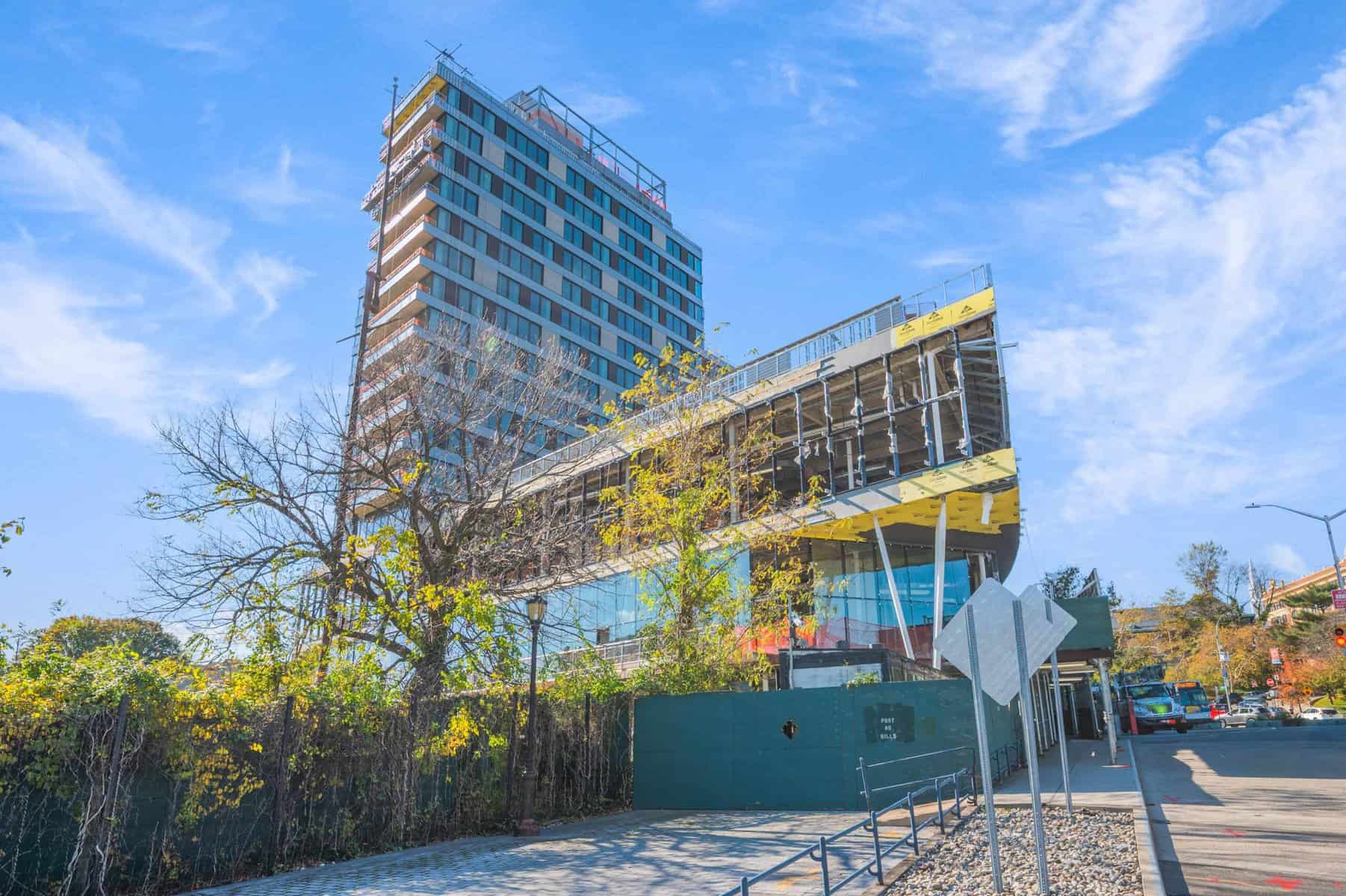Lower monthly payments
One of the most popular reasons to refinance your mortgage is the drop in rates, occurring in the course of the last decade. In case the rates have experienced a significant reduction since the time you’ve received your traditional loan, refinancing is worth considering for reducing your interest rate and monthly payments.
Mortgage refinancing allows homeowners to pay lower monthly installments throughout the remaining payback period. When considering such an alternative, make sure you keep track of the current rates in order to avoid making a financially bad decision. It’s vital for homeowners to check the rates offered by multiple lenders, as these tend to vary. In most cases, the existing lender is most likely to provide you with the lowest rate as long as you stick with the same bank or other financial institution.
Improved credit score
Your credit score plays a major role in the decision of whether to opt for mortgage refinancing. Any improvement of your FICO score boosts the chances of getting a more favorable rate. For example, increasing your credit score for as many as twenty points will assist you in getting another loan with much lower interest rates.
Furthermore, one’s credit score can be improved over time by addressing the main issues responsible for the low score. There are multiple steps a person can take to boost the results, such as paying the bills on time, making cell phone payments on time, paying off all debts, keeping a low balance on credit cards, not closing unused credit cards, etc. Check out this page for some practical tips about improving your credit score.
End of the fixed-rate mortgage period
Another valid reason to refinance your mortgage is trying to avoid the adjustable-rate period. Following the period of paying a fixed interest rate on your home loan, the interest is likely to increase dramatically.

Therefore, many individuals decide to refinance into a fixed-rate loan when the period of paying predetermined interest comes to an end. As a result, you’ll be protecting yourself from paying high interest, as rates in the adjustable-rate period have a tendency to gradually increase.
This strategy has proven efficient for individuals whose loan life is far from being completed. In contrast, it wouldn’t be beneficial for homeowners planning to put their houses on the market in a couple of years.
Debt consolidation
Debt consolidation has become a popular reason for mortgage refinancing, allowing individuals to pay back their student loans, credit card debt, and other high-interest loans. The only way to an effective cash-out refinance is by transforming a portion of your home equity into cash for the purpose of paying the debt off.
Additionally, your new mortgage will also include the sum you’ve borrowed to eliminate your debts. Opting for a credit card debt consolidation has proven favorable for most individuals because of the difference between mortgage and credit card interest rates. The former have experienced a dramatic decrease in recent times, whereas the latter keep to their average amount between 15 and 16 %.
Hence, transferring your debt from your credit card to your new mortgage leads to paying much lower interest rates. In the long term, you could save thousands of dollars, which you can save as emergency funds. Nevertheless, prior to choosing such refinancing, determine the exact amount of your home equity, as well as the equity portion you plan to cash out. See this link, https://www.thebalance.com/what-is-home-equity-315663, to gain better insight into home equity.
Final thoughts
This type of refinancing should be carefully considered before making a final decision.
It’s surprisingly beneficial for those in real need of such a financial move!







Leave a Comment